Franz Nicklisch
Birth : 1906-03-08, Wernigerode, Germany
Death : 1975-12-06

Franz Leischke

Ewald

Valentin

Kurt Hoffmann's film adaptation of Tucholsky's eponymous novella is situated in 1910s Berlin: The aspiring editor Wolf runs into Claire by chance. Both are attracted to one another, yet they are not entirely certain about their feelings. They embark on a trip to Rheinsberg to assure themselves about their sentiments. And indeed, the time spent in the romantic provincial town brings clarity to their situation.
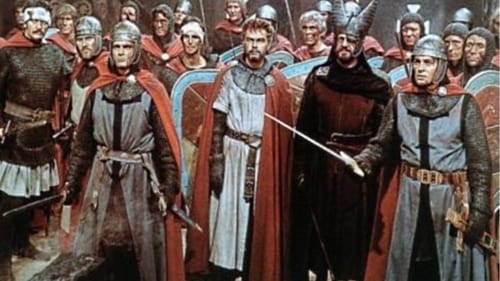
Alberich (voice)
Now Brunhild knows by which treason she was won for king Gunther of Burgund by Siegfried of Xanthen, and has been revenged by his foul murder by Hagen, more bloody revenge is inevitable. Hagen steals the Nibelungen-treasure to sink it in the stream and manages to kill Alberich and seize his invisibility-cap. Queen Kriemhild is packed of to an abbey so her son may grow up to become a prelate, but Hagen's men raid them and kill the child. She now accepts to become the wife of Etzel, king of the truly barbaric Hun nomads and invites the Burgund court nomenclature at their Danube court for their heir's baptism a few years later, but prepared a bloody conspiracy with her xenophobic brother-in-law behind her surprisingly chivalric husband's back, while Gunther accepts, hoping to avoid a far bloodier war, despite the danger for his party of knights, which materializes...

Kabuscheck

Stellmacher Fielitz

Wachtmeister Lemmchen

Paul Peddeke

Polizeikommissar

Kapitän
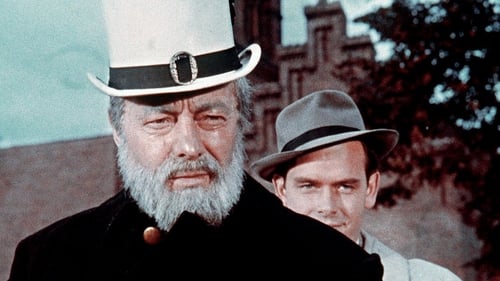
Landpolizist

Schleusenwärter

Vater Berger
German romance

Gangster
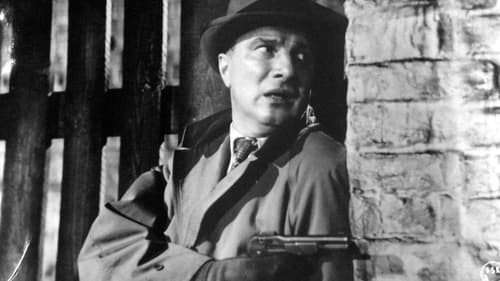
Mann im Rollstuhl
The true story of a German agent sent to the USA in 1944 in order to stop the development of the atomic bomb.

Diener Heinrich

Karl Jensen

Otto Beck

Gendarm Schraml

Son
Tobis studio short film by Peter Pewas that wasn't intended for theatrical release.

The young Schiller, whose heart and soul are writing and poetry, is forced into the military academy (the pride and joy of the Duke of Württemberg). Schiller is disgusted by the everyday routine of the military, always back and forth between breeding and drills. Conversation, conflict or even critique are discouraged – the oppression insufferable for the young rebel. Disgusted by the brutality, he writes his drama "The Bandit", which he would later publish anonymously. But following a frank conversation with the Duke, Schiller is dishonored and must leave the land.

Franz Buggisch

Paris, 1830: Jean-Gaspard Debureau performs on the stage and delights his audience with song, wit and charm. He is, however, very unpopular with King Charles X, who is the target of much of Debureau's scornful jests. That would be a somewhat tolerable situation if it weren't for the fact that Debureau has fallen for a countess, who happens to be the King's mistress.

Battista

Paul Büttner

Karl

Will Uders

2. Offizier auf der Gorboduc

Gustav Menke
Film by Huppertz.

Hans Markwart
Jozi's aunt runs an inn near the border and has a little side-job: she smuggles. Poor, naive Jozi doesn't know anything about it. Jozi falls in love with the young border patrol officer Hans and her feelings are amply returned. But Hans' supervisor suspects Jozi of smuggling and tries again and again to lead her into illegal temptation. Finally, Hans sees Jozi in a dance bar together with smugglers and believes, too, that she's one of their accomplices.

Johann von Metz
France in the 15th Century: The country is marked by the wars with England and internal power struggles. King Charles sees himself powerless against the state. As emerges from the people suddenly a young woman named Johanna, who claimed that the Archangel Gabriel to be appointed, to save France. First of all doubt the king in their words, but he remembers that the people through this "help of God" is gaining new courage. With the slogan "God and the Virgin!" pulls the revivified victorious army into battle against the English-Burgundian alliance. After Johanna King Charles is crowned at Reims, there breaks the plague over the country in. Now Johanna all the blame on the disaster: God would punish believe in the country for that a heretic; if Johanna were actual a holy, she would deal also with the plague. The waning faith weakens France, England is again on the rise. But Johanna is executed as a witch. Only years later annulled the verdict of the Holy and Johanna explained.

Friedrich Breitenwieser, Boxer
Film by Fred Sauer.

Martin Petersen
Film by Wendhausen.

Harald Söldin

Lindemann
A well scripted and captivating thriller about the owners of a small private bank in Berlin, squeezing money out of honest business firms, causing their bankruptcies, and then trying to smuggle the cash into Switzerland.

Karl Winter
A Bavarian baron has invited his three illegitimate children to come on a visit. Suddenly, happiness can be seen in this house only recently cut off from the rest of the world. The baron is happy. When two of the children have to leave because of their duties back home, only the daughter stays behind, determined to cure the baron of his quirks.
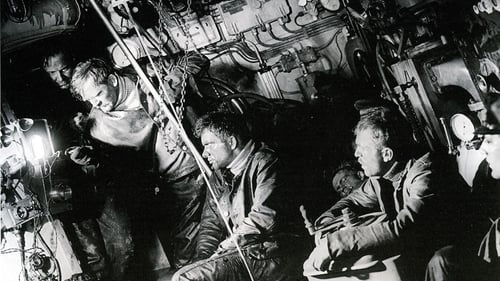
Petermann
Released three days after Adolf Hitler became Reichskanzler, it was the first film to have its screening in Nazi Germany. It became a symbol of the new times touted by the Nazi regime. The title (literally "morning-red") is the German term for the reddish coloring of the east sky about a half hour before the sunrise. On patrol Captain Liers and his submarine crew sink an important British ship, but while returning to harbour, they're lured into a trap by a British vessel disguised as a neutral Danish one. They sink it after it attacks them without warning, but while they prepare to rescue survivors, a British destroyer sinks the sub. On the sea bed 60 feet down, with all but the bridge flooded, the 10 surviving crew have only 8 rescue devices. Liers orders the crew to use them, but they disobey - either all escape or nobody does.

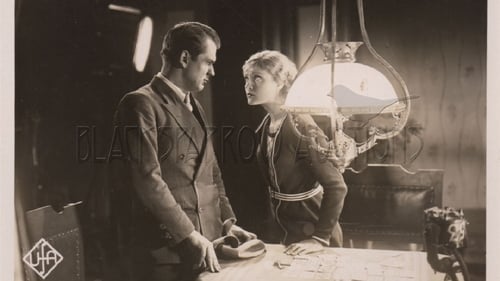
Willy Prawanzke
Two inspiration sources appear clearly: contemporary American gangster movies and Alfred Döblin’s novel Berlin Alexanderplatz (1929).
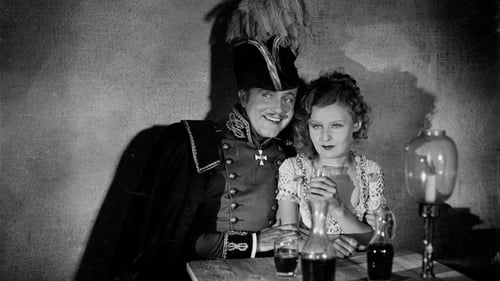
Vienna glove-sales-lady Christel falls in love with Russian Czar Alexander. Austrian Prince Metternich tries to use this and other pleasant diversions to keep him out of the negotiation conferences of the 1815 Vienna Congress.










